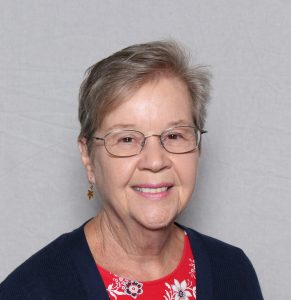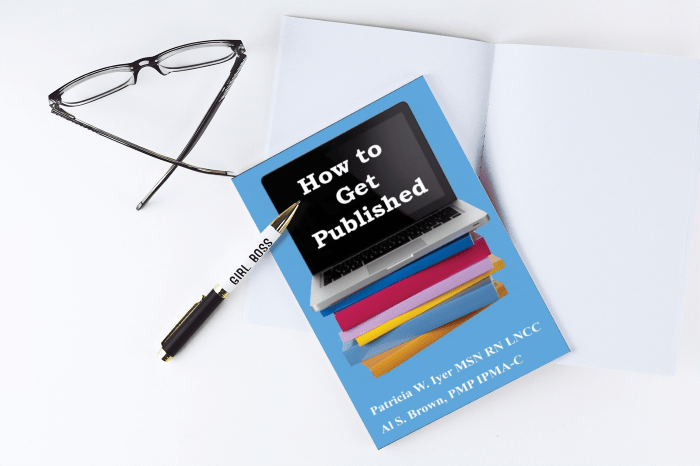Want to write a powerful book that people will love? Check these 7 elements for building its foundation.
1. Create an outline before you start writing.
The outline should fit your vision for your powerful book. By researching competing books, by reviewing your previously written material, you will identify what you want to cover in your book.
An outline is a fluid thing that changes as you write and your ideas evolve.

2. Do your own research.
Type any subhead from an outline into your search bar and hundreds of pages of research material will open up for you to explore. Save the searches.
I like to copy and paste material into Word and then add the URL at the bottom of the last page so I can cite the source. Then I create file folders with the sources I want to include.
The process of reading deeply on the topic will strengthen your knowledge and build your expertise.
3. Check “facts” you uncover in your research.
Just because it is on the internet, it has to be accurate, right?
Don’t be guilty of the sin of blindly parroting urban myths. If someone makes a radical statement check further into the “facts” to see if you can either support or debunk them. Be skeptical. Your credibility is at stake.
Dig deep to uncover primary sources (original research, studies, historical documents, etc.) rather than relying on secondary sources such as magazine articles or books.
4. Do not plagiarize anyone’s work!
That means no lifting copy verbatim, and no rewording some other author’s material. If you plagiarize in the latter fashion, not only are you opening yourself to legal action, but your book will feel wishy-washy and unoriginal anyway.
A jury awarded Wade Cook $655,900 for 74 words he alleged Anthony Robbins plagiarized.
It is acceptable to refer to another author’s statements or positions, and quote short sections – one to three lines – as long as you cite (give credit to) the author and his work.
It is not acceptable to quote entire passages without written permission, and citing the source is not a sufficient substitute.
When in doubt, get permission.
5. Do not use PLR (private label rights) material in books.
You may want to release your book in print and Kindle format. It is absolutely against Kindle’s terms. Plus you want your book to feel as unique and individual as possible. Any PLR should be used strictly as a guide, giving you tips for research and facts to look up, as well as ideas for your own unique twist on things.

6. Tell stories to create powerful books.
Include anecdotes that will personalize your book for the reader. Share your experiences and the lessons you learned. Remember hoe much you loved to read stories (and be read to) as a kid? People LOVE stories. Keep a notebook with you or take notes on your smart phone of the details of stories you want to include in your book.
7. Take a stand.
Your book will feel much stronger if you are not afraid to take a stand. Be firm in your convictions and present all arguments and assertions from that central core. Don’t be a bland person. Share your convictions and invite dialogue. News sells, right? Controversial books sell too.
These 7 points will make your powerful book more compelling for your reader.
- There is an article or book trapped inside you that is aching to get written
- You are interested in developing or expanding your ability to write for publication.
- You are unsure how to get started as an author.
- The idea of writing seems so overwhelming that you do not know how to start.
- You are afraid of being embarrassed by misusing words.
- You are concerned with avoiding traps associated with being an author or editor.
If you liked this post, you’ll love How to Get Published.
 Pat Iyer is an editor, author, book coach and ghostwriter who helps individuals create books that encourages their expertise to shine and advances their businesses. She has written or edited 48 of her own books.
Pat Iyer is an editor, author, book coach and ghostwriter who helps individuals create books that encourages their expertise to shine and advances their businesses. She has written or edited 48 of her own books.
Pat Iyer is an editor, author, book coach and ghostwriter who helps individuals create books that allow their expertise to shine and advance their businesses. She has written or edited 48 books.


